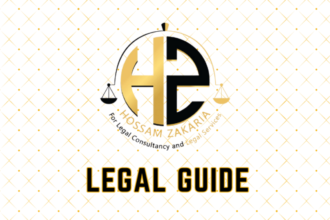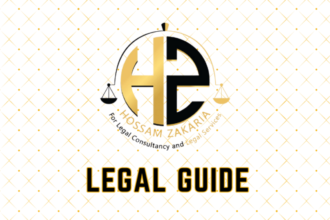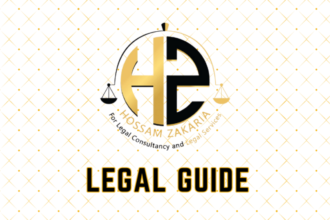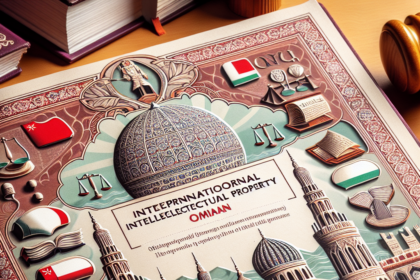Business law in Oman
Understanding Business Law in Oman
Introduction to Business Law in Oman
Navigating the business law landscape in Oman is essential for entrepreneurs and investors. The country’s legal framework is designed to support economic growth and protect business interests, creating a conducive environment for commercial activities.
Legal Structures for Businesses in Oman
Choosing the right legal structure is a fundamental step in establishing a business in Oman. The most common structures include:
1. Limited Liability Company (LLC)
An LLC is the most popular business structure in Oman. It requires a minimum of two shareholders and offers limited liability protection, making it a secure and flexible option for many entrepreneurs.
2. Joint Stock Company (JSC)
A JSC is ideal for larger enterprises. It allows for raising capital through public or private offerings. JSCs can be public, with shares traded on the stock exchange, or closed, with shares held by a limited group of investors.
3. Branch Office
Foreign companies can establish branch offices in Oman to conduct business without creating a separate legal entity. The parent company retains full liability for the branch’s activities. This structure is suitable for businesses looking to expand their presence in Oman.
4. Free Zone Entity
Oman offers several free zones that provide tax incentives, 100% foreign ownership, and simplified regulatory procedures. Free zones are designed to attract foreign investment and promote trade. They are suitable for businesses involved in international trade, services, and manufacturing.
Regulatory Environment
Oman’s regulatory environment is designed to support business growth while ensuring compliance with local laws. Key regulatory bodies include:
1. Ministry of Commerce, Industry, and Investment Promotion (MOCIIP)
The MOCIIP oversees business registration, licensing, and regulation. It ensures that businesses comply with Omani laws and regulations, promoting a fair and competitive market.
2. Public Authority for Special Economic Zones and Free Zones (OPAZ)
OPAZ manages the development and regulation of free zones in Oman. It aims to create a conducive environment for businesses to thrive, offering benefits such as tax exemptions and full foreign ownership.
Commercial Contracts and Dispute Resolution
Contracts are the backbone of business transactions in Oman. Ensuring that contracts are legally binding and enforceable is critical.
1. Governing Law
Commercial contracts should specify the governing law. While Omani law is often used, international parties may agree to apply other jurisdictions depending on the nature of the contract.
2. Dispute Resolution
Oman offers various dispute resolution mechanisms, including litigation, arbitration, and mediation. The Oman Chamber of Commerce and Industry (OCCI) provides a platform for resolving commercial disputes efficiently and fairly.
Intellectual Property Protection
Protecting intellectual property (IP) is essential for businesses operating in Oman. The country has comprehensive IP laws to safeguard trademarks, patents, and copyrights.
1. Trademark Registration
Businesses must register their trademarks with the Ministry of Commerce, Industry, and Investment Promotion to secure legal protection. Registered trademarks are protected for ten years and can be renewed indefinitely.
2. Patent Protection
Oman grants patents for inventions that are new, involve an inventive step, and are industrially applicable. Patents are valid for twenty years from the filing date, subject to annual maintenance fees.
3. Copyright Laws
Oman’s copyright laws protect literary, artistic, and scientific works. Copyright protection lasts for the lifetime of the author plus fifty years, ensuring creators’ rights are upheld.
Compliance and Anti-Corruption
Compliance with local laws and regulations is crucial for maintaining good standing in Oman’s business environment. Oman has stringent anti-corruption measures to promote transparency and integrity in both public and private sectors.
Conclusion
Understanding business law in Oman is essential for successful operations. By choosing the right business structure, complying with regulations, and protecting intellectual property, businesses can thrive in Oman’s dynamic market. Entrepreneurs and investors should stay informed and seek professional legal advice to navigate the complexities of the Omani legal landscape effectively.










